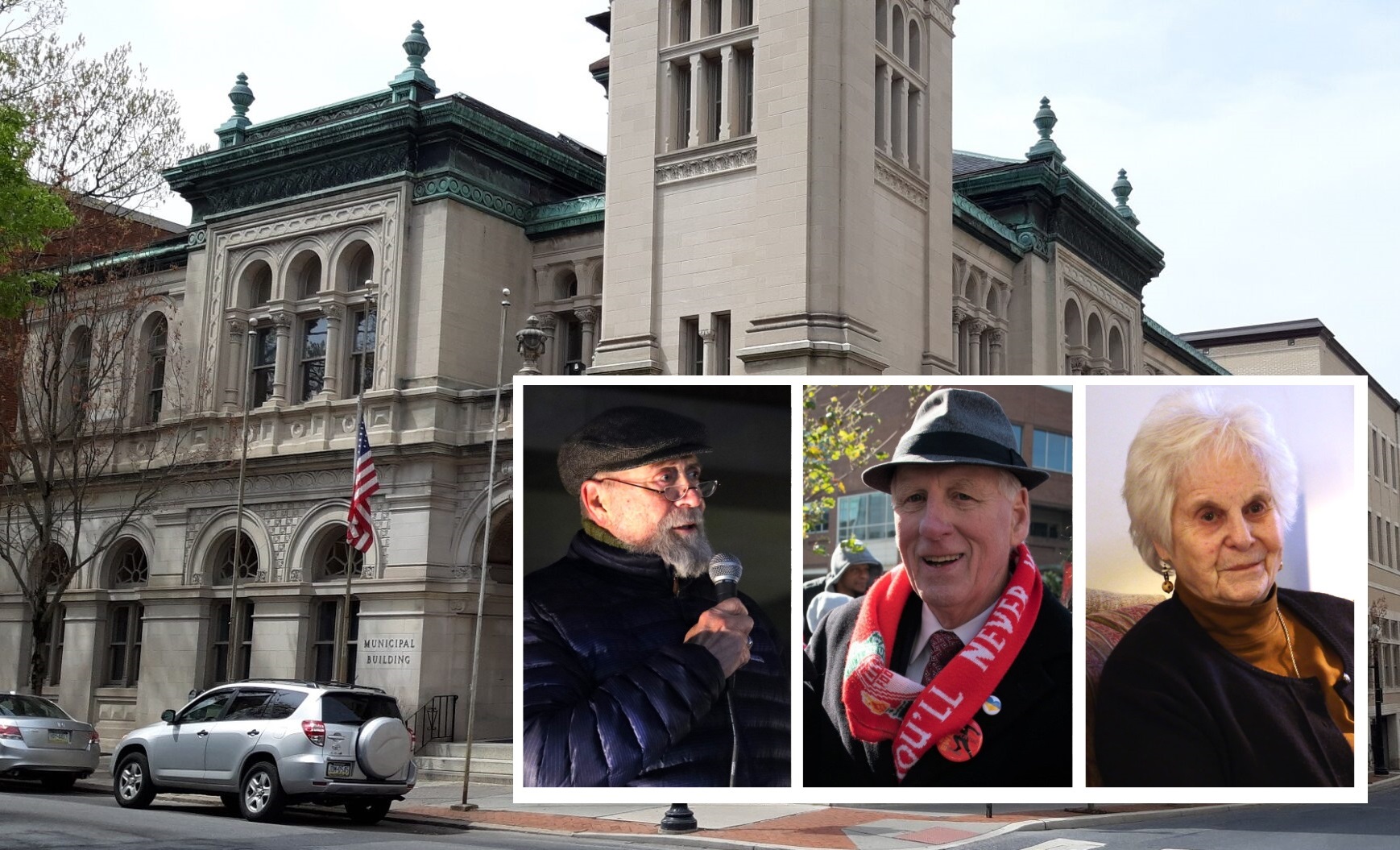The moment of truth is approaching for Lancaster’s Home Rule Study Commission.
Later this month, it will hold a special meeting to vote on whether to proceed with drafting a home rule charter. The session is scheduled for 7 p.m. Wednesday, Jan. 24, at City Hall, 120 N. Duke St.
If the vote is “yes,” the commission plans to complete the charter in time to place it on the ballot for a referendum in the general election this coming November.
To prepare for its decision, the commission has been meeting monthly to gather information on city government and discuss its findings. Its final regular meeting will take place at 7 p.m. this Thursday, Jan. 4, at West Art, 815 Buchanan Ave. It is the last of four meetings being held at neighborhood venues to encourage public engagement and participation.
Recently, commission members have been scheduling online interviews with the mayors of certain cities, including Altoona, Hazleton and Williamsport. The main purpose of Thursday’s meeting will be to review those discussions, commission Chairman Brian Adams said.
The cities are among those recommended by the Pennsylvania Economy League as being comparable to Lancaster. Altoona adopted home rule in 2015; in 2018, a Williamsport home rule study commission presented voters with two options for shifting to a council-manager system of government but they voted overwhelmingly against both.
Gray, Morris and Stork
Meanwhile, on Dec. 27, the commission closed out 2023 with an extra meeting to hear from Lancaster’s three living former mayors: Art Morris, who served from 1980 to 1990; Janice Stork (1990-98) and Rick Gray (2006-18). (Stork originally was not planning to attend but was able to do so.)
All three described struggling with the same challenge facing current Mayor Danene Sorace: How to bridge the gap between the services Lancaster is obliged to provide and the lack of options for raising revenue other than property tax hikes.
Gray said his administration hired the consulting firm Management Partners to explore ways to streamline city government and implemented nearly all its roughly 200 recommendations. Yet he ended up having to raise property taxes 25% to balance the budget when the Great Recession hit.
Morris and Stork, similarly, said their administrations constantly juggled service cuts and tax increases.
Could home rule help matters? “I think it depends on what you come up with,” Gray said.
Morris and Stork concurred. All three mayors warned the commission to beware of unintended consequences, and to do its best to shield Lancaster’s poor and marginalized from additional burdens — a point Morris repeatedly emphasized.
If a charter is drafted that allows for higher earned income taxes, he said, there should be an exemption for lower incomes. (Under Pennsylvania law, that’s allowed, PEL consultant Fred Reddig said.)
Even with home rule, Lancaster would remain hemmed in by many limitations, the mayors said. Stork expressed frustration that Pennsylvania cities can no longer annex suburbs, unlike cities in other states.
On a related point, she noted the city is home to a disproportionate share of the county’s tax-exempt nonprofits, many of which serve a countywide client base. They are covered by city police and fire protection, yet rarely contribute much of anything in payments in lieu of taxes, or PILOTs. (Penn Medicine Lancaster General Health pays a significant PILOT and is an exception to the norm, the mayors said.)
Morris said Lancaster lost $1.1 million annually when federal revenue sharing was eliminated in the mid-1980s, a revenue hit comparable to the one it is facing with the end of American Rescue Plan Act “revenue replacement” next year.
He touched on a lawsuit his administration filed against Lancaster County: Because the county hadn’t conducted a property value reassessment since 1962, the city’s millage was approaching the state’s 25-mill maximum. The suit, which sought to force regular reassessments, continued under Stork’s administration, which ultimately prevailed in state appellate court.
Beyond property taxes
Asked if any elements of city government are duplicative or fragmented, Gray and Stork said the positions of elected controller and treasurer are unnecessary. Apart from that, though, today’s city staff is lean, and probably can’t be pared much further, if at all, the three mayors said.
Stork and Gray said they oppose electing City Council members by district rather than citywide, an idea floated by commission members Darlene Byrd and Tony Dastra.
“This is a small city … How much do we have to divide ourselves up?” Gray said.
Morris, too, was skeptical, but said he would be open to a hybrid system, as long as a majority of seats were elected citywide. He challenged Byrd’s assertion that Lancaster’s southeast is chronically underrepresented on City Council, pointing to past members Nelson Polite Sr., Louise Williams and Ron Ford.
Gray and Morris both said nonpartisan municipal elections should be considered, if state law permits. Alternatively, Morris suggested reserving one or more City Council seats for minority-party representation. At present, all city elected officials are Democrats: Having a wider range of political viewpoints represented would encourage more robust debate, he said.
Morris is a Republican; Gray and Stork are Democrats.
All three said they favor the existing mayor-council setup and would oppose turning over power to a municipal manager. That concentrates too much power in one person, creating a “fiefdom” that elected officials find difficult to challenge, Gray said.
Stork and Gray pointed out that despite its fiscal difficulties, Lancaster has enjoyed a renaissance, fostered in large part by the private sector, that makes it the envy of its peer cities.
“You don’t want to destroy what we have,” Stork said, advising the commission to run projections on any tax changes it proposes to determine their likely effects.
The three cautioned the commission to be realistic about what it can accomplish. It shouldn’t feel compelled to proceed with home rule, Morris said, “unless you feel comfortable that what you recommend is an improvement over what we have.”
(Editor’s Note: This article was updated Jan. 5 to correct erroneous information about Williamsport.)






